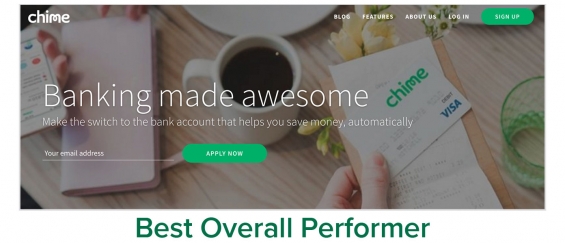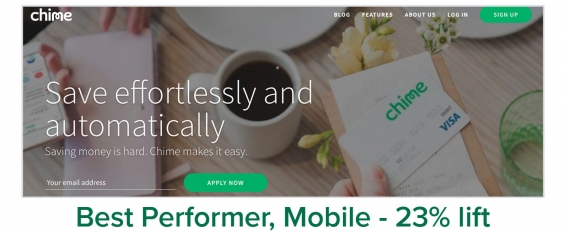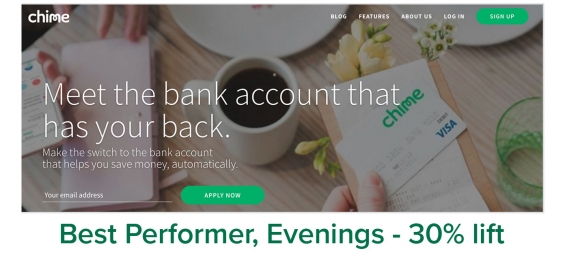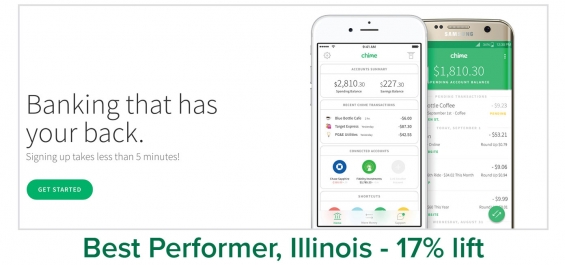Advancements in artificial intelligence are redefining the way banking industry leaders are leveraging data analytics and new technologies. AI is increasingly being used to enhance every step of the customer journey — from marketing and prospecting to customizing and personalizing the experience.
Given that their most potentially profitable customers are the least trusting, industry leaders clearly see the urgency of this problem and are turning to personalization to rebuild these relationships.
The rise of AI-driven personalization is no coincidence. Business leaders — particularly in financial services — know great customer relationships yield a competitive advantage, especially in a world where bigtech players like Apple and Amazon have conditioned consumers to expect a high degree of personalization.
In a study from Accenture, nearly half of all consumers say they expect specialized treatment for “being a good customer”, with 58% indicating they would switch half or more of their spending to a provider that excels at personalizing experiences without compromising trust. Accenture also found 73% of CEOs acknowledge the need for products, services and experiences that are more meaningful to their customers, and for good reason: it’s critical to the bottom line.
And yet just 49% of consumers in another study by GfK view their financial institution as a “trusted partner” — worse among those earning higher incomes. And one third say they have abandoned a business relationship last year did so because personalization was lacking.

Why Industry Cloud for Banking?
PwC’s Industry Cloud for Banking helps deliver personalized products and services that today’s customers expect.

Fractional Marketing for Financial Brands
Services that scale with you.
Predictive Personalization to Increase New Accounts
It’s obvious: banks need to personalize experiences for their prospects and customers at scale. As such, banks are increasingly turning to predictive personalization to deliver better experiences.
Predictive personalization is one new AI-based approach with real potential to improve CX for banking consumers. Applied in an online environment, this technology can observe user behavior, automatically identify segments and show the most relevant, best-performing version of a website to each individual. Predictive personalization tools provide better results faster and require less work than other website optimization approaches. As a result, this kind of technology is now being used on websites where A/B testing and rules-based personalization systems were used before.
One company doing this exceptionally well is Chime, who has used predictive personalization to drive a huge increase in new account signups.
Chime is a digital bank focused on helping people create healthy financial habits. The marketing team at Chime, like many marketing teams in the banking industry, was accountable for aggressive new account goals. They knew they would need to optimize their website to achieve their strategic objectives, so they decided to deploy a predictive personalization system.
They began with an initial set of tests that included new body content focused on automatic savings and comparing fees with other banks, as well as a new overview video introducing Chime’s product and explaining the company’s mission to help people lead healthy financial lives.
They also created new headlines for the homepage highlighting various selling points including “automatic savings,” “no unnecessary fees,” and “a new kind of bank account.” These initial ideas yielded an 8% lift in account signups over their control in a six-week period.
The team then analyzed the results to see which of their messages resonated most with various segments of their audience. Based on these insights, a second round of creative ideas were developed. Chime’s predictive personalization platform was then used automatically personalize the website to deliver more traffic to better-performing ideas. Over the next four weeks, they saw a 79% lift in new accounts.
In all, Chime’s marketing team was able to test 21 different ideas and 216 different versions of their homepage while improving the performance of their homepage. Had they used a simpler A/B model to test out these 21 ideas, it would have taken nine years to do what they did in three months.
Because they were using AI, Chime was able to act with a deeper level of granularity than any marketer typically would. For example, with A/B testing, Chime’s marketing team would have shown the ‘best overall performer’ below to everyone.
Maybe the team would have checked which version performed better on mobile and found the ‘best performer, mobile’ above. Maybe they would have even set up a rule to show that on mobile and the ‘best overall performer’ on desktop. But because they were using AI, they were able to go deeper and, for example, discover that a different version performed better in Illinois and yet another version delivered more new account signups in the evenings.
AI Allows for Timely Marketing
If you’re accountable for new customers or new revenue, optimizing your website through personalization is a lever financial marketers need to pull. However, to get the most out of predictive personalization — and do so within a reasonable amount of time — you need to allocate the necessary resources (both budgets and human capital), deploy the right technologies, and work with the right partners.
But there’s a (big) payoff. Personalized experiences are increasingly expected by customers, both pre- and post-sale. More companies are using AI to better personalize their site and drive more customer signups and revenue by differentiating their experience from the competition.
Chime’s head of marketing and content Chris Terschluse definitely thinks their investment in predictive personalization was worth it.
“Not only have we been able to improve conversion rates on the website,” Terschluse explains, “we’ve also gained valuable insights about what type of creative and messaging resonates with various audience segments which wouldn’t have been possible with A/B testing.”
Guy Yalif is an expert on AI in marketing and previously led digital marketing teams for Twitter, Yahoo, and BrightRoll. He is currently the CEO and co-founder of predictive personalization company Intellimize which uses AI to improve conversion rates and revenue.











